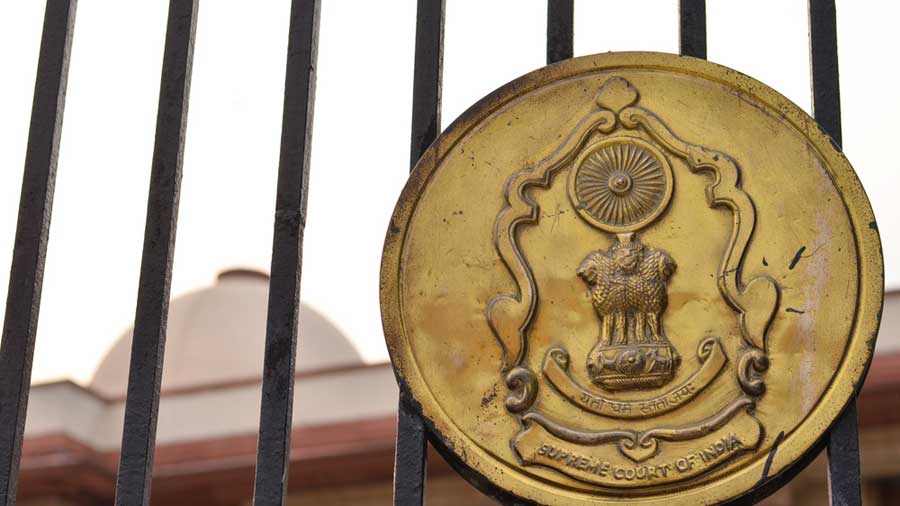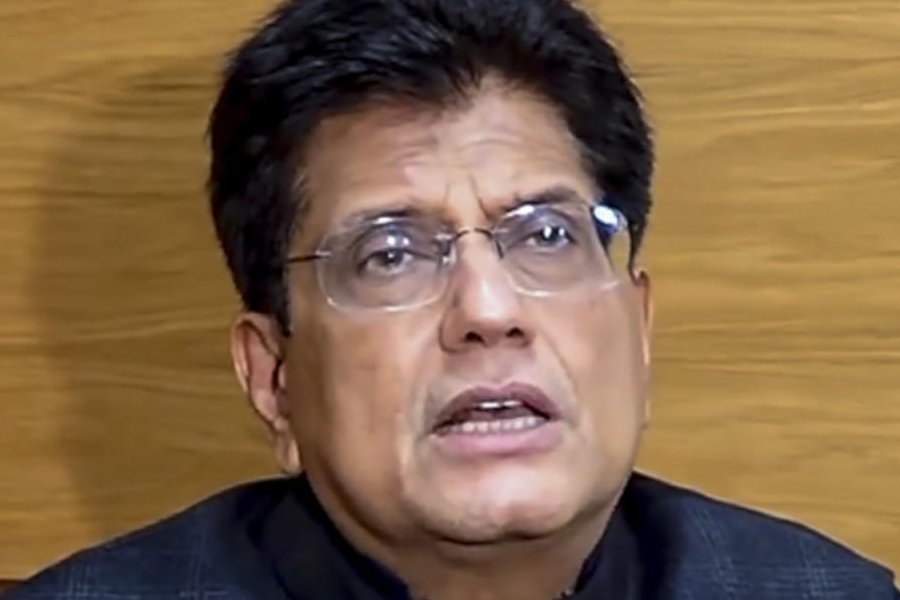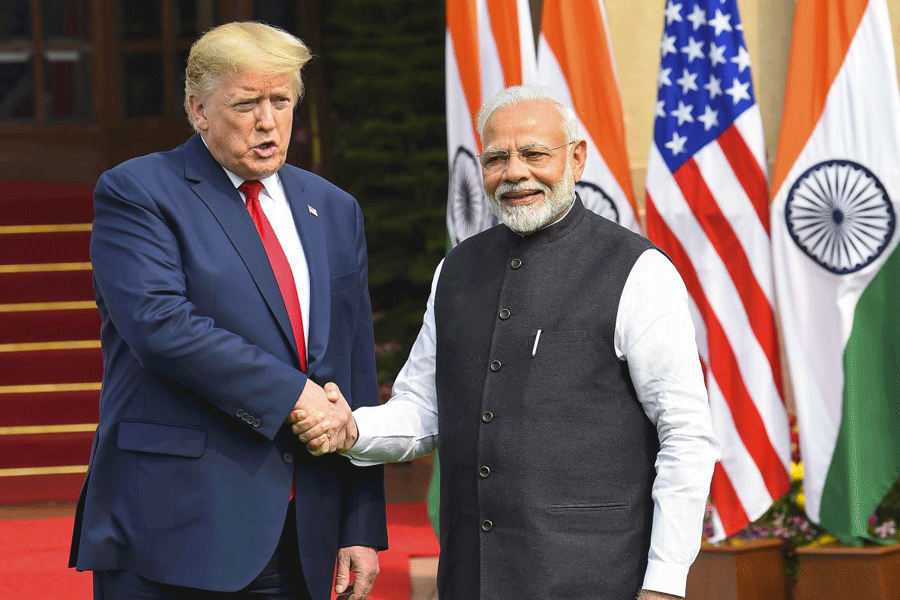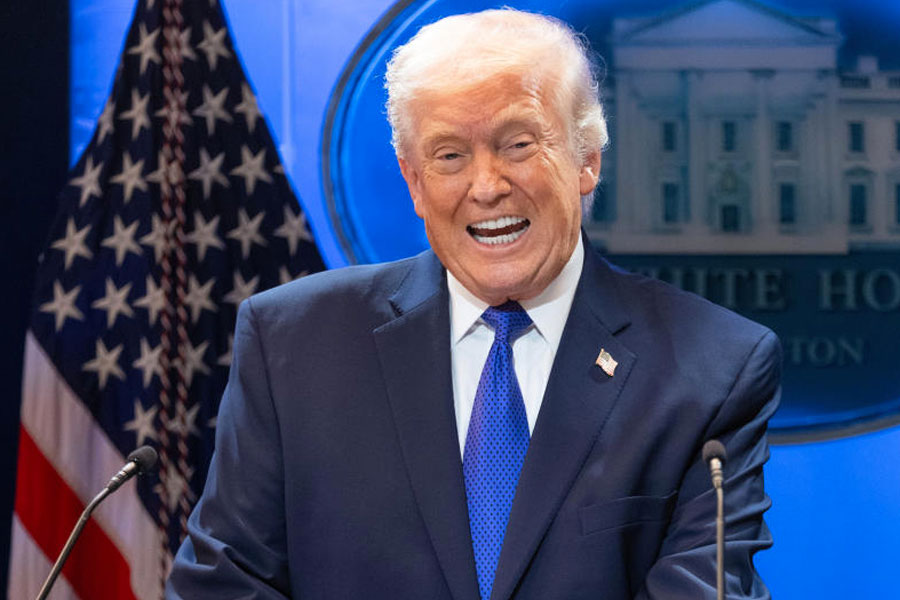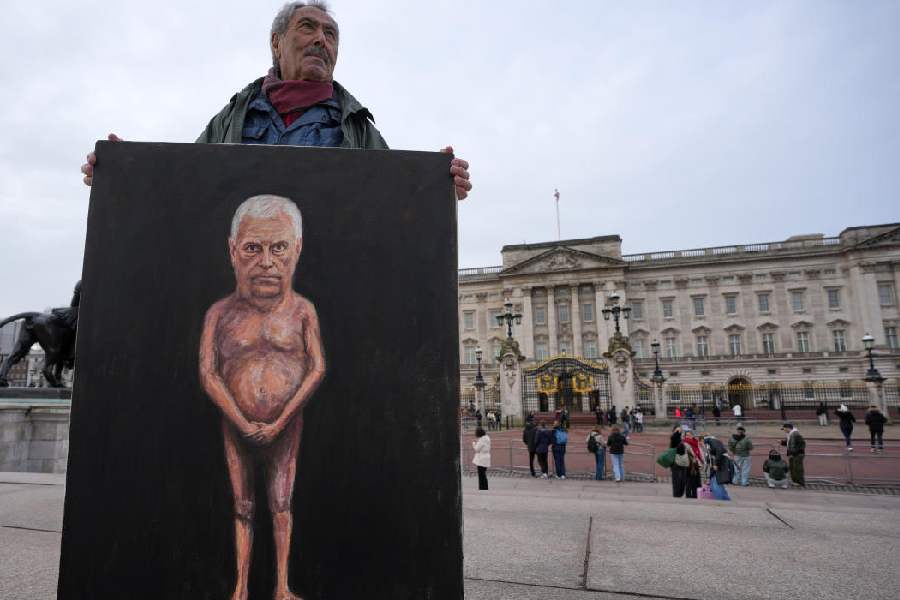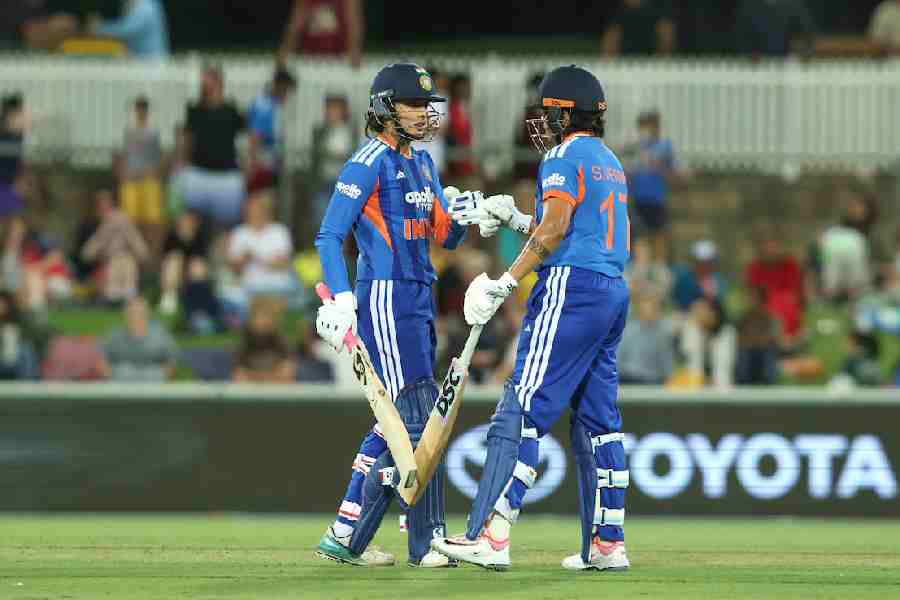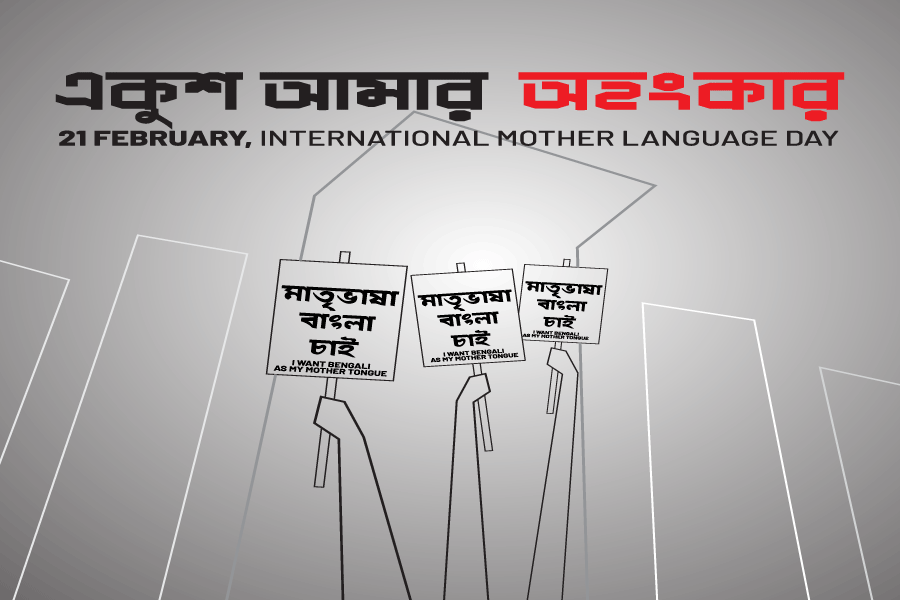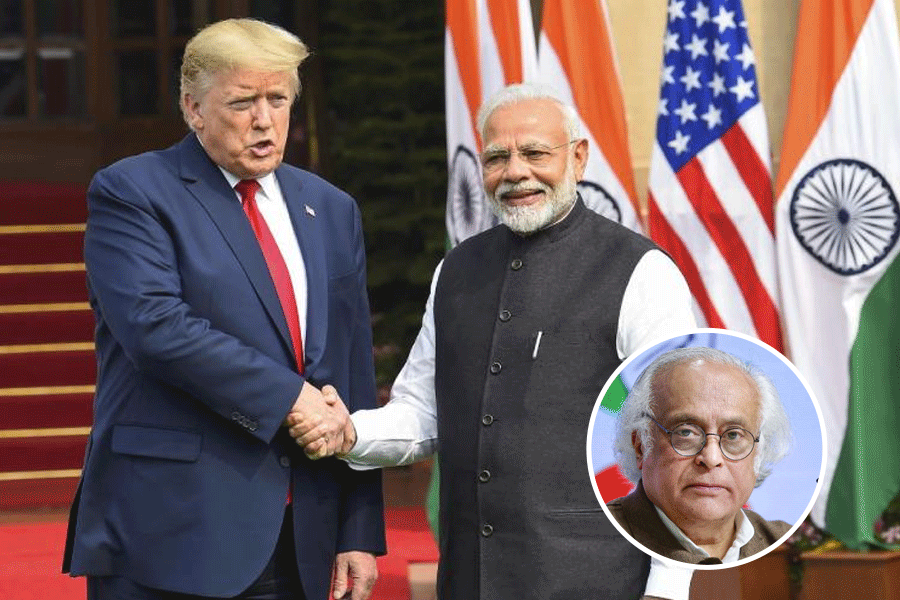The Supreme Court on Friday agreed to examine the constitutional validity of the Places of Worship (Special Provisions) Act, 1991, which bars litigation on any place of worship for change of its character as it existed on August 15, 1947.
Only the Babri Masjid-Ram Janmabhoomi case, on which the top court ruled in 2019, was exempt from the law.
A bench of Chief Justice S.A. Bobde and Justice A.S. Bopanna issued notice to the Centre on a petition filed by advocate Ashwini Kumar Upadhyay challenging the validity of the act, which according to him not only offend Articles 14 (equality), 15 (non-discrimination), 21 (life and personal liberty), 25, 26 and 29 (freedom of religion) of the Constitution but also violates the principles of secularism.
Senior advocates Vikas Singh and Gopal Sankarnarayan appeared for the petitioner.
According to the petition, the legislation that came into force on July 11, 1991, has created an arbitrary and irrational retrospective cutoff date by declaring that changes to the character of places of worship or pilgrimage before the cut-off date of August 15, 1947, cannot be challenged.
“No suit or proceeding shall lie in court on disputes against encroachment done by fundamentalist barbaric invaders and law breakers (before the cut-off date),” the petition said.
“Thus, the Centre has barred the remedies against illegal encroachment on the places of worship and pilgrimages and now Hindus, Jains, Buddhists and Sikhs cannot file suit or approach a high court…,” it said.
“Therefore, they won’t be able to restore their places of worship and pilgrimage, including temples’ endowments,… and illegal barbarian acts of invaders will continue in perpetuity,” the petition claimed.
“The injury caused to Hindus, Jains, Buddhists and Sikhs is extremely large because Sections 2, 3, 4 of the Act have taken away the right to approach the court and thus the right to judicial remedy has been closed,” it added.
The petition argued that the government cannot take away the right of people to seek legal remedy, nor can it stop courts from issuing writs.

